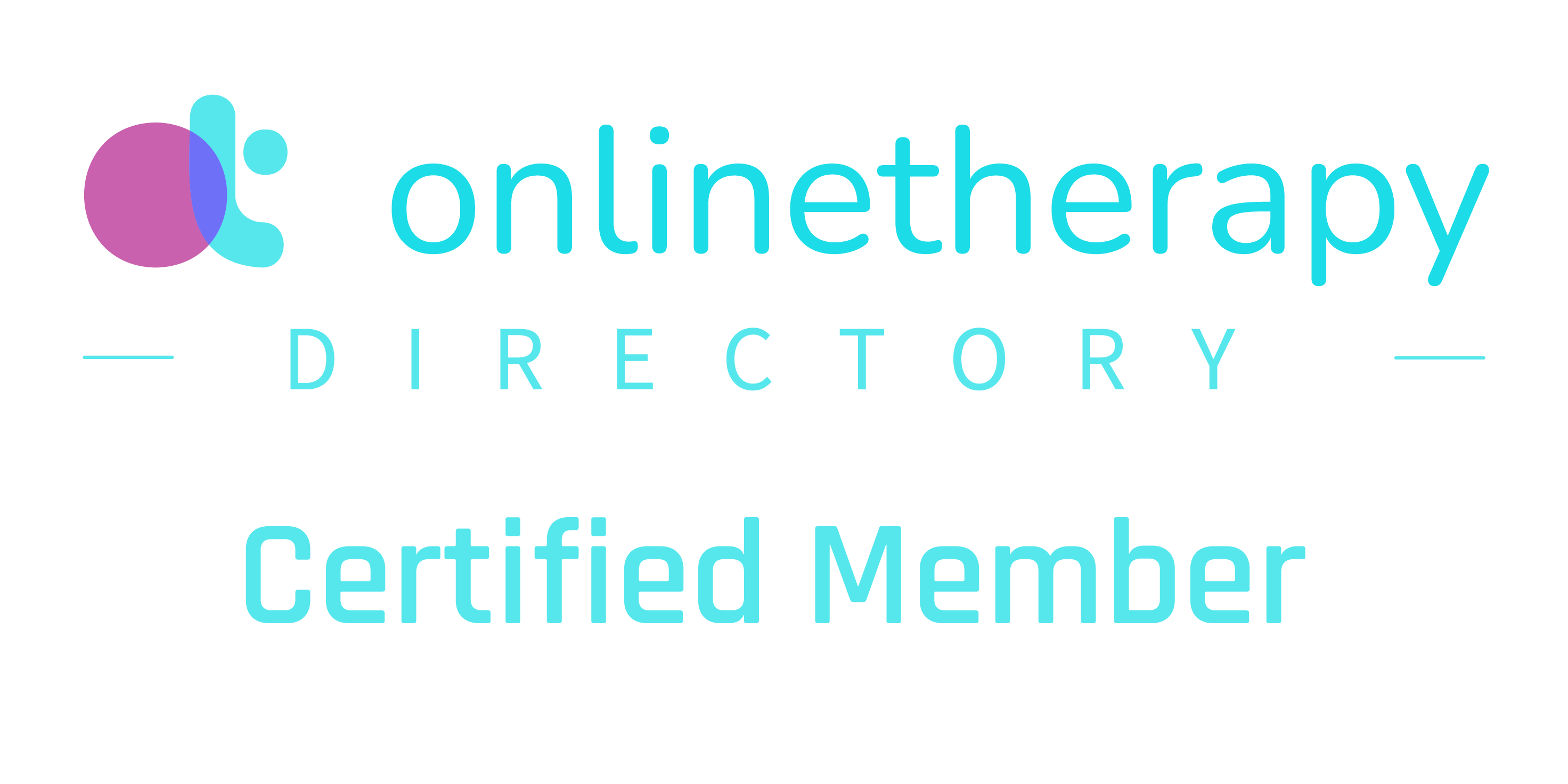How to find a life coach?
Nowadays, it seems like everyone is curious about working with a life coach. Personal development and self-help are all the rage. But there can also be a lot of confusion about how to find a coach and what the difference is between a therapist and a life coach.
Connecting with a supportive life coach can help you on your journey of self-growth. Perhaps you’ve been struggling to achieve certain goals, and you feel stuck. It’s only natural that you would begin to wonder if the guidance and accountability provided by a coach would help you achieve what you have in mind.
But there are so many coaches and therapists out there advertising their services. How are you supposed to choose the right one?
After all, having sessions with a coach who doesn’t fully understand your lifestyle, your background, or your goals for the future won’t help you move forward.
The key is asking the right questions of any coaches you’re considering working with. Here are a few important factors to think about if you want to start working with a life coach who is right for you.
Key #1: Communication Style
The good news? This isn’t a guessing game. Most life coaches will offer a free test drive video consultation to ensure that you’re a good fit before you make a decision about working with them. You want to figure out if they can provide helpful and honest feedback without harsh judgment.
Your coach should be able to communicate with honesty and compassion. You don’t want to hop on a call with someone who ruthlessly cuts you down for your decisions. Tough love does not a good coach make! But you also don’t want to pay for someone’s assistance if they’re only going to validate you without giving you constructive and supportive feedback. Neither one will really help you grow.
Furthermore, it’s important that their communication style suits yours. It’s nice to work with someone who you feel will be able to help bring out your best self.
Key #2: Background
Before you hire a coach, think long and hard about your personal goals and what you hope to get out of coaching. Then, make sure that any coaches you consult with would help you align with those goals and help you take action.
For example, are you a secular-minded person? Then, working with a coach who bases their services on a spiritual or religious perspective may not be a good fit for you. And if you’re looking to level up your business and your personal life, you’ll want to work with someone who understands entrepreneurship and can help you in both areas.
Want to find a coach who can help you and your partner strengthen your relationship? Don’t choose someone whose main objective is generally helping single people find partners.
Are you looking for a holistic health coach? Find someone who understands the mind-body connection, not just someone who works with clients on diet and nutrition.
Key #3: Qualifications
These days, almost anyone can call themselves a coach. But not all coaches—or certification programs—are created equal. Before you commit to working with a certain coach, do a little digging to find out more about their academic and professional background.
Make sure that they have had plenty of training to back up what they’re offering. It’s all too easy for someone to market themselves as a life coach on social media, even though they don’t have the proper qualifications!
Last but not least, it doesn’t hurt to check out testimonials from their past clients, either. You want to work with someone who can deliver real results and has the track record to prove it. A coach who has the chops to help you will likely have plenty of glowing testimonials on their website.
Key #4: Therapist or Coach?
Having trained as both a therapist and coach, I can tell you that there are many similarities and differences between therapy and coaching. As I practice as a CBT Therapist, the differences are much smaller than with other approaches to therapy as CBT and life coaching focus on coping and thriving in the present while planning for the future. That being said, it is a fine line.
Sometimes, our past may influence what happens in the present and future. One key difference to keep in mind regarding therapy or coaching is that coaches do not diagnose, nor treat mental health conditions.
Just because someone trained as a Coach doesn’t mean they are qualified to provide therapy and vice versa. In my own opinion, finding a coach that completed separate trainings as a therapist (and became licensed as a therapist) and also completed separate and substantial coaching training is a good bet whenever possible.
Life coaching is particularly powerful for learning to navigate life transitions smoothly and let’s face it, our lives are always in some kind of transition. So learning to manage life transitions well through coaching is a wonderful gift you can give yourself. Click to learn more about life transitions therapy or life coaching.
—
Are you interested in working with a coach who can help you turn your life around? It starts with you! Finding the right life coach can make all the difference. Contact me today to set up an Online Coaching Test Drive.
I am a Board Certified Coach (BCC Coach), a Licensed Mental Health Counselor in Hawaii and an Accredited CBT Therapist in the UK with over 15 years of experience. I specialize in helping people learn to manage their emotions, identify their values and thrive. I have received advanced specialist training in Coaching, Cognitive Behavior Therapy and Compassion Focused Therapy. If you’re interested in learning more about how Life Coaching can help you change your life, please reach out to me at my Honolulu or London office.



